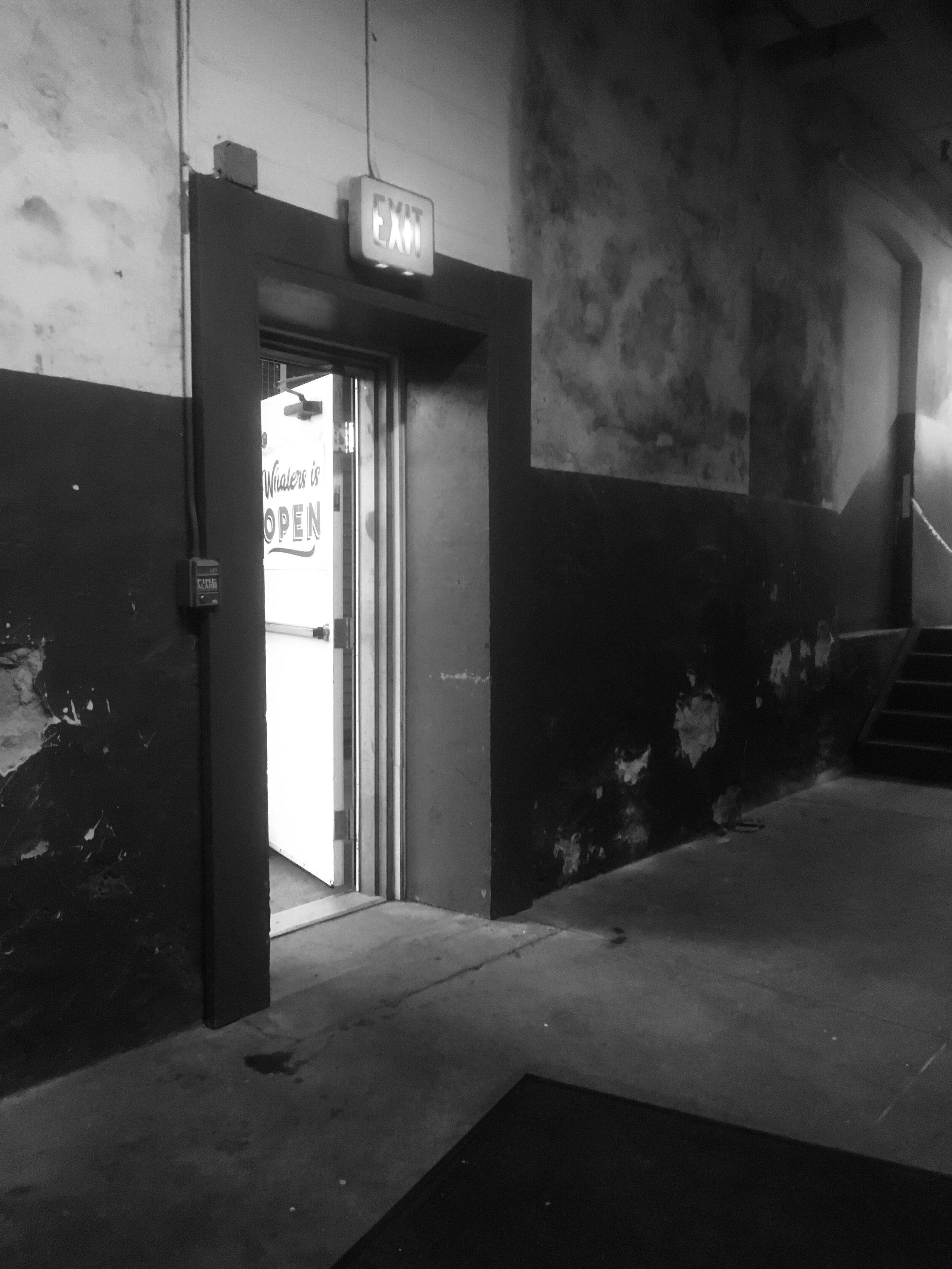But I know now that there is not a chance in hell of America's becoming humane and reasonable.
- Kurt Vonnegut
“Then the appeal to arms may be heroic; but it is the heroism of folly, the faith – or hope, rather, of the fool.”
- Albion W. Tourgée
“The time between the cradle and the grave is too short for the reconstruction of a human soul.”
- Albion W. Tourgée
Thanksgiving Overture
Only a “free-love nigger missionary” idiot would come down from the North after the Civil War and attempt to change Southern hearts and minds. A man who did so, and who imagined a world of social equality for the emancipated freedmen, was an idealistic fool. Colonel Comfort Servosse, a creation of Albion W. Tourgée in his autobiographical novel A Fool’s Errand, was such a man. And yes those damned Yankees forced upon the South our great American Thanksgiving. That Thanksgiving thing was a Pilgrim thing. There were no Pilgrims in the South. Cannot even count the Quakers as Thanksgiving lovers. No, the Pilgrim with the musket and the turkey with his proud fan? That so-called holiday is a Northern cultural incursion, insidious and unfashionable, and they forced this imperialism on the South. The fictional Verdenton Gazette, newspaper for the nearest town to Comfort Servosse’s decrepit, war-ravaged plantation, Warrington, called the Michigan-born Union soldier a “Canadian Yankee” and termed him “one of those fanatical abolitionists whose infamous doctrines were the real cause of all the suffering and bloodshed of the last four years.” As the good people of the county initially welcomed Colonel Servosse with their genuine Southern hospitality, they and the newspaper were shocked to discover that the Servosse family, wife Metta and daughter Lily, were entertaining white Northern girls who had come south to teach the newly emancipated Negro. With unbridled invective, the newspaper announced to its readers that Colonel Servosse “had all these free-love nigger missionaries of the female persuasion out at Warrington to celebrate the new Yankee holiday,” which had been inserted into Southern culture against the local will, and “added to the governmental calendar since the first year of Lincoln’s reign.” And oh, yes, the paper continued with the stridency of ultimate conviction, claiming that “the day itself is a relic of New England Puritanical hypocrisy” and it was certain to be understood that the good Colonel Servosse and his wife and, dare we say it, black guests and young innocent white females had engaged an evening where “they ate and drank and sung ‘John Brown.’”
Introduction
The above fictional anecdote helps to illustrate the difficulties that remained after the Civil War, those sectional antagonisms between the North and the South that still simmered, and the complications Northern Radical Republicans faced in their efforts to help integrate the South according to their vision of the new America, the reunified exigencies of Nation
Read More
